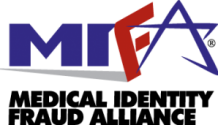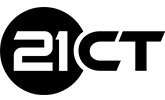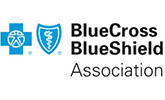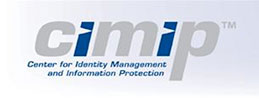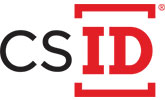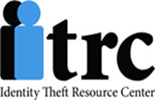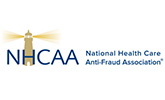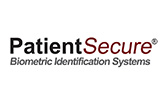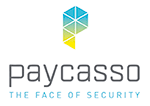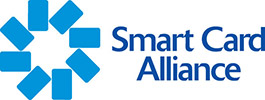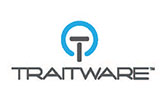Data captured by hackers could lead to false billing and medical identity theft, fueling black market for years to come.
Over the past several years, IT experts have been frantically directing their attention toward healthcare, clamoring for the industry to improve cybersecurity, especially as more providers transition toward electronic health records (EHRs). Just a few weeks ago, President Obama highlighted cybersecurity as one of his top priorities in his State of the Union address.
Last week’s Anthem hack has brought many of those concerns to life, exposing the personal information of approximately 80 million consumers. While many have pointed to the immediate financial impact of the hack, consequences surrounding medical fraud could leave a lasting impression.
Specifically, the information obtained through the Anthem hack–names, birthdates, addresses, email addresses, employment information and Social Security/member identification numbers–opens up three distinct avenues for healthcare fraud, said Ann Peterson, senior vice president and program director for the Medical Identity Fraud Alliance (MIFA) in an exclusive interview with FierceHealthPayer: AntiFraud.
Click here to read the full article.
February 10, 2015 by Evan Sweeney, FierceHealthPayer: AntiFraud
